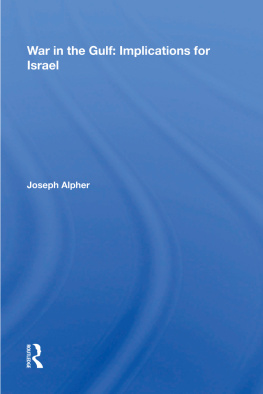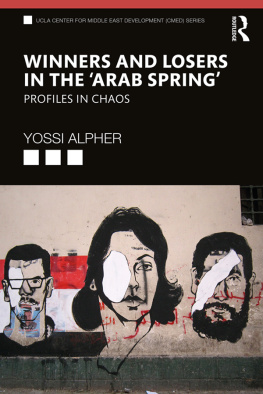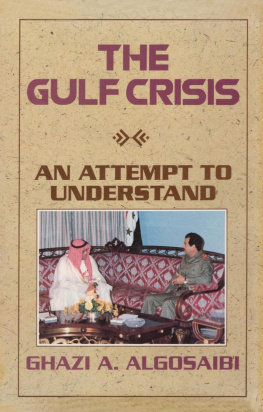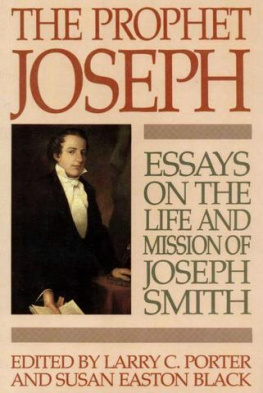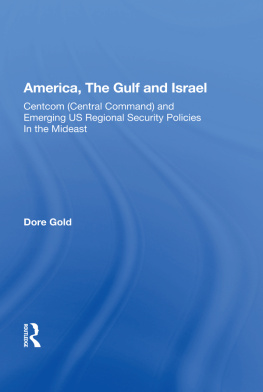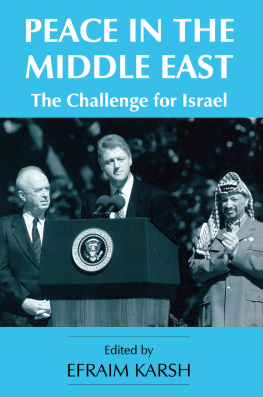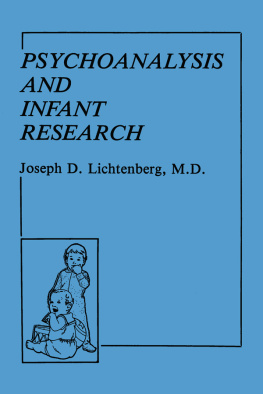First published 1992 by Westview Press
Published 2018 by Routledge
52 Vanderbilt Avenue, New York, NY 10017
2 Park Square, Milton Park, Abingdon, Oxon OX14 4RN
Routledge is an imprint of the Taylor & Francis Group, an informa business
Copyright 1992 by Tel Aviv University, Jaffee Center for Strategic Studies
All rights reserved. No part of this book may be reprinted or reproduced or utilised in any form or by any electronic, mechanical, or other means, now known or hereafter invented, including photocopying and recording, or in any information storage or retrieval system, without permission in writing from the publishers.
Notice:
Product or corporate names may be trademarks or registered trademarks, and are used only for identification and explanation without intent to infringe.
A CIP catalog record for this book is available from the Library of Congress.
ISBN 13: 978-0-367-21327-5 (hbk)
The Jaffee Center Study Group on War in the Gulf: Implications for Israel
| Head of Center | Aharon Yariv |
|---|
| Deputy Head of Center and Project Coordinator/Editor | Joseph Alpher |
| Jaffee Center for Strategic Studies | Yehuda Ben Meir |
| Abraham Ben-Zvi |
| Zeev Eytan |
| Shai Feldman |
| Shlomo Gazit |
| Dore Gold |
| Moshe Grundman |
| Ephraim Kam |
| Aharon Klieman |
| Anat Kurz |
| Ariel Levite |
| Aryeh Shalev |
| External Participants | Asher Arian |
| Zeev Bonen |
| Galia Golan |
| Yaacov Lifshitz |
The Jaffee Center for Strategic Studies (JCSS)
The Center for Strategic Studies was established at Tel Aviv University at the end of 1977. In 1983 it was named the Jaffee Center for Strategic Studies in honor of Mr. and Mrs. Mel Jaffee. The objective of the Center is to contribute to the expansion of knowledge on strategic subjects and to promote public understanding of and pluralistic thought on matters of national and international security.
The Center relates to the concept of strategy in its broadest meaning, namely, the complex of processes involved in the identification, mobilization and application of resources in peace and war, in order to solidify and strengthen national and international security.
International Board of Trustees
Chairman: Melvin Jaffee
Immediate Past Chairman: Joseph H. Strelitz (deceased)
Robert H. Arnow, Arnold Y. Aronoff, Newton D. Becker, Jack Berlin, Henry Borenstein, Edgar M. Bronfman, Simon Chilewich, Bertram J. Cohn, Stewart M. Colton, Lester Crown, Joseph K. Eichenbaum, Danielle and Shimon Erem, Allan Fainbarg, Dr. Gerald Falwell, Jacob Feldman, Arnold D, Feuerstein, David Furman, Guilford Glazer, Burton E. Glazov, Eugene M. Grant, Vernon Green, Martin J. Gross, Michael M.H. Gross, Irving B. Harris, Betty and Sol Jaffee, Philip M. Klutznick, Judy and Joel Knapp, Fred Kotek, Raymond Kulek, Max L. Kunianski, Mark Lambert, Rose Lederer, Fred W. Lessing, Morris L. Levinson, Edward Levy, Peter A. Magowan, Judd D. Malkin, Hermann Merkin, Stephen Meadow, Monte MonAster, Max Perlman, Milton J. Petrie, Gary P. Ratner, Raphael Recanati, Meshulam Riklis, Morris Rodman, Elihu Rose, Malcolm M. Rosenberg, Irving Schneider, George Shrut, Marvin Simon, Ruth Sinaiko, Ed Stein, Herb Stein, Walter P. Stern, Dr. Robert J. Stoller, Leonard R. Strelitz, James Warren, David Warsaw, Jack D. Weiler, Marvin A. Weiss, Emanuel A. Winston, Bert Wolstein, Paul Yanowicz
Partial support for the research
conducted for this report was provided by
The Nathan Cummings Foundation
This book was conceived on August 2, 1990 the day Iraq invaded Kuwait and set in motion a series of regional and global processes in which Israel was to become uniquely involved. From our earliest discussions of the crisis at the Jaffee Center we recognized that, when the smoke cleared, we would have to devote our energies to an effort to summarize the implications for Israel. This, as a direct consequence of JCSS's mandate: to enrich public discussion, in Israel and beyond, of strategic issues relevant to Israel.
As the crisis developed and the war raged, we sought to determine the issues and to define and allocate study and writing assignments for JCSS researchers. Our objective was to present the reader, both of Hebrew and of English, a report produced in real time, that analyzes and assesses the ramifications for Israel of the war and the events that accompanied it military, political, and socioeconomic. Naturally, we gave precedence to the Israeli public; we produced a 350-page Hebrew volume that was published in early September 1991. This English language report is based on that volume, and is updated to the late fall of 1991.
As the war ended and we set about producing our report, we became aware of two very relevant phenomena that appeared to be widespread both in Israel and beyond. One was a "delayed reaction effect" that, it emerges, characterizes many of the central strategic events in our environment. The Yom Kippur War of 1973, for example, offers several bold examples of delayed reaction from the unprecedented reversal in Israeli politics (Likud's rise to power and the public's "punishment" of Labor for its mistakes in bringing on the war) that took place not in the elections held immediately after the war, but rather three years later; to President Sadat's peace initiative of 1977, which came four years "late." The intifada, which broke out after some 20 years of Israeli occupation, and the rise to power in Damascus of President Asad three years after the Syrian defeat in the Six-Day War, are considered by many observers to be additional instances of this delayed reaction phenomenon.
Similarly, in the case of the Gulf War of 1991, we must take into account the possibility that some of the analyses of strategic implications offered in this volume will eventually be seen to have been shortsighted, in the sense that they focused upon issues and ramifications that, once exposed to the test of time, turned out to be ephemeral or irrelevant. On the other hand, certain trends that have emerged from the experience of the Gulf crisis and war, and to which we have devoted relatively little attention in this report, may eventually "ripen" and be seen as central to an understanding of developments. President Asad's decision of mid-July 1991 to join, without preconditions, direct peace negotiations with Israel, may for example eventually be recorded as the first instance of delayed reaction by an Arab leader in the aftermath of the Gulf War.
We duly note this phenomenon, and we direct the reader's attention to it. However its prevalence in the Middle East cannot, and must not, we believe, be seen as justification for postponing research on the implications of the war.
This conclusion is reinforced by a second phenomenon that appears to validate our attempt to confront the public that in Israel, as well as those abroad who are interested in Israel with a real-time assessment of the war's implications. Among the Israeli public there appears to be a tendency to deny in a psychological sense this most recent war: to avoid either confronting the traumatic events that transpired, or dealing comprehensively with their lessons and ramifications. Denial was evident, for example, in the public's passive reaction to the State Controller's revelations following the war of serious defects in the chemical warfare protective equipment that was distributed to the entire population. We encountered the phenomenon again in the course of inquiries designed to find a publishing house for the Hebrew version of this report. One prominent Israeli publisher told us that he was avoiding issuing a "war album" because he sensed a lack of public interest, deriving from the public's desire to avoid any further confrontation with the traumas of the war.


